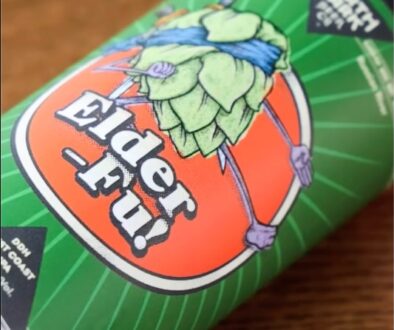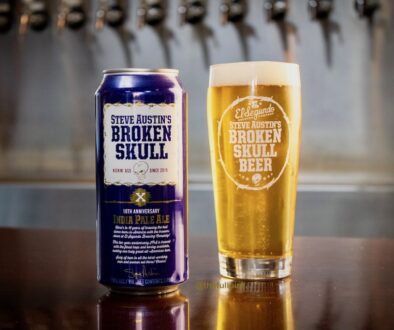Oktoberfest: The largest party in the world
 Oktoberfest: one festival, 17 days, 6.2 million visitors, 6.9 million steins of beer, 104 oxen, 521,872 chickens and 142,253 pairs of pork sausages.
Oktoberfest: one festival, 17 days, 6.2 million visitors, 6.9 million steins of beer, 104 oxen, 521,872 chickens and 142,253 pairs of pork sausages.
Yes, the hedonistic Munich-based beer festival is rowdy, raucous and raunchy. The kind of hazy place where tourists and proud Bavarians stagger together to clink steins of amber lager and eat mountains of oversized food: entire Bavarian chickens, wurstl sausages, gigantic pickles and massive pretzels.
Above all, they drink beer: one-litre mugs at a time, known in Germany as maþ (pronounced “mass”).
Upon entering the Oktoberfest grounds, you are first met by fair rides. Spinning, whirling, gravity-defying, vomit-inducing rides. Next, comes the music: faint at first, that slowly builds into a cacophony of accordions, horned instruments and boisterous cheering.
These were the drinking songs my best friend and I would never quite understand, but would grow to love during our 48-hour stint at the festival.
What the heck, we thought, we’ll just take a look inside the first drinking tent we see. And so, we shrugged and gingerly stepped into Hofbrauhaus, destined not to emerge until midnight.
The “tent” was not really a tent at all, but a semi-permanent structure that houses: 9,000 beer-drinking merrymakers.
Some, we could tell, had been there since the 9 a.m. bell, blankly staring out from under their pointy grey souvenir hats, swaying gently under their own weight with tilted, half-full steins in their hands.
“Ein Prozit. Ein Prozit. Der Geme . . . something . . . something . . . keit,” singers trailed off as they sang along to the most popular drinking song, and raised their overflowing steins in the air.
Then a barrage of misplaced American songs followed: New York, New York, Take Me Home, Country Roads and Hey! Baby.
A barmaid wearing a traditional bust-popping dirndl walked by our section. Why not grab, “Ein maþ bitte?”

Though the festival runs for just over two weeks, rumour has it that good waitresses can clear thousands of euros. Many of them work in Munich’s beer halls the rest of the year or have had their jobs handed down to them through generations.
A couple of steins later, we were caught up in the circus atmosphere, singing along with the songs and cheering our neighbours: “Eins, zwei, g’suffa!” (One, two, cheers!)
Later that night, amidst the chaos, we met a middle-aged Bavarian man, dressed in traditional lederhosen –which literally means “leather trousers.”
As someone who has been surviving the Oktoberfest festival for most of his life, he had a piece of advice for us: “These tourists, they don’t know the trick to drinking,” he said, knowingly, as he dug into his hearty chicken and potato dinner and took a long swig of the Bavarian nectar.
“You drink a few steins, then you eat.”
He proceeded to break a pretzel into pieces and hand them out to everyone at our table.

Bavarians have been celebrating Oktoberfest since 1810. The festival, which they affectionately call “Die Wiesn,” began as a celebration in honour of the Bavarian Crown Prince Ludwig and his new bride, Princess Therese von Sachsen-Hildburghausen–tongue twister, I know.
In the beginning, the festival actually did start in October, and lasted for five days, but because the Bavarians were having so much fun, they decided to prolong it, and push the start date forward into mid-September when the weather is better.
Thousands of locals still attend the event. Many tend to stick to the more traditional tents, while the younger Bavarians and backpacker crowd gravitate to tents like Hoffbrau, which has a reputation for being one of the wildest of the bunch.
To this day, I don’t know how I drank multiple litres of beer without suffering from the most brutal hangover known to man.
It must be the magic of Bavarian beer. If they have been throwing the world’s largest fair for nearly 200 years, they most certainly have brewing down to a science.
source: ottawacitizen.com by: Amber Turnau



